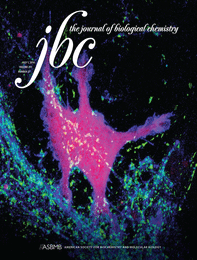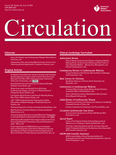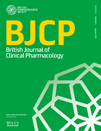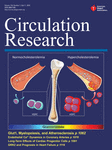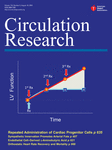 Are there instances when similarities between papers should be fixed by a correction, rather than a retraction?
Are there instances when similarities between papers should be fixed by a correction, rather than a retraction?
We’re asking ourselves that question after seeing two journals take very different approaches to a somewhat similar situation. Last year, Frontiers in Physiology retracted a paper by Anastasios Lymperopoulos at Nova Southeastern University in Florida because of an “an unacceptable level of similarity” to a 2009 review article by different authors. But more recently, after Circulation Research discovered another paper co-authored by Lymperopoulos also contained similar text from the same 2009 review, it decided to correct the passages.
The last author of the Circulation Research paper told us the overlap between the two papers was less than 5%, and the journal never suggested the authors retract the paper.
Here’s the correction notice in Circulation Research:


 With so many
With so many 